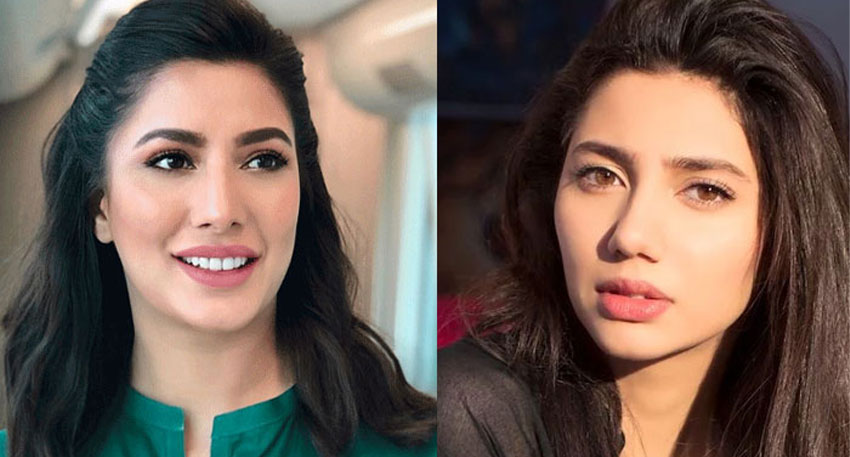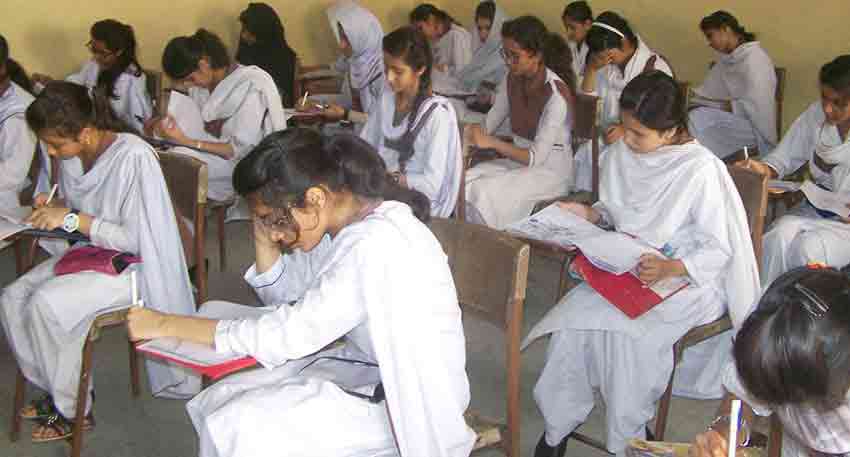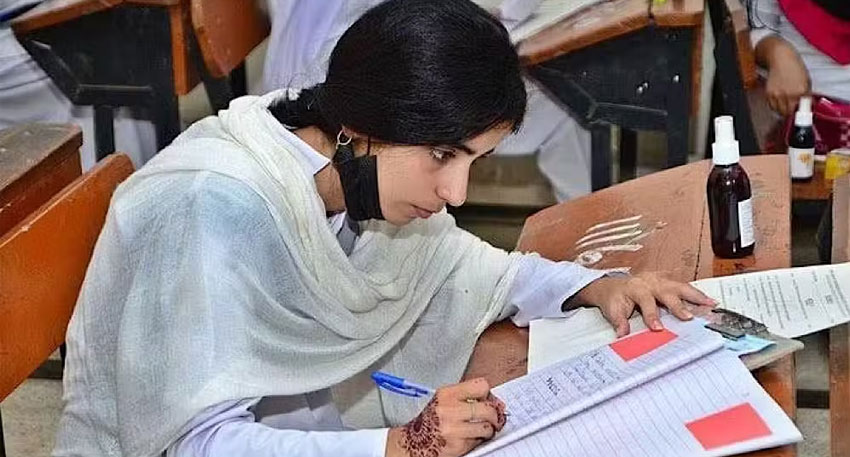
To delve deeper into how ageism rules our society, specifically the entertainment industry, we first have to understand the meaning of ageism. Ageism is defined as prejudice, stereotyping, and discrimination against individuals or groups based on their age. This isn’t limited to age groups. Youth in Pakistan face ageism in many ways; for example, older generations with conservative or traditional mindsets do not trust the youth, leading to less freedom. Moreover, youth struggle with “experience bias”, which is basically not getting employment opportunities because of lack of experience or age.
Women can be seen struggling with ageing as well in Pakistan, applying harmful creams to keep themselves youthful and glowing. In addition, as per the 2019 Equality Survey by Gallup Pakistan, over 70% of Pakistani women reported facing social pressure to marry before the age of 30. The pressure of marrying early is one of the most disturbing obstacles in society for them, and without their full education being completed, they get married off to men that are twice their age, and if they don’t get married off, they are seen as a liability, as people in Pakistan do not want an older woman to be wed to their son. Women even face age-related barriers in the work field. As per a survey by Pakistan Insititute of Development Economocs (PIDE), particularly after the age of 30 over 60% women face discrimination in the workplace.
Also Read: Sindh confirms first dengue death of the year
Ageism often goes unnoticed because it hasn’t been brought to light; most people think that discriminating on the basis of age is normal but could it be that with the rapid change in Pakistan’s entertainment industry comes a realisation towards ageism and its real meaning?
Recently Mehwish Hayat gave an interview to a foreign magazine in which she was asked about criticism regarding an actress s age. She said that in our industry it is common for even older male actors to be shown alongside much younger and new actresses, but restrictions are imposed on women. People want actresses’ ages to stop progressing.
Mehwish said that ageing is a natural process; no one can stop their age. It is beyond understanding why actresses’ ages become a topic of controversy. Instead of recognising their hard work and talent, people focus on their age. The actress added that those who criticise actresses’ ages should remember that they too will have to go through the same process. Therefore, it is not fair to have unrealistic expectations of female actresses.
Just as Mehwish said, age is a societal standard imposed on women by society and they are expected to stay young forever, as turning old makes their beauty fade away.
However, Humayun Saeed has also suffered from ageism in his latest hit movie, “Love Guru”. The interview clips of Humayun Saeed along with Mahira Khan promoting their movie Love Guru are all over the internet, with the on-screen couple reacting to comments about their age in a hilarious way, downplaying this prevalent issue.
“Is burhapy mein in dono se dance karwana zulm,”said one commenter.
There is a lot of passion, so we will continue to dance — and the real fun is in dancing at this age!” Cleverly responded Humayun Saeed as Mahira Khan laughed away.
Could it be people have an unrealistic view of ageing because of the growing plastic surgery industry?
When veteran actor Firdaus Jamal commented on her age, saying she isn’t fit for lead roles, Mahira Khan slammed back by posting a handwritten note about the actor without mentioning his name. She received a lot of support from her fans.
Similarly, Mahira Khan once again faced criticism for her age in her movie “Love Guru”, where Dr Umar Adil, a famous Pakistani orthopaedic surgeon and film critic, in his review, said that close-up shots of Mahira at her age emphasise her wrinkles despite the use of makeup. This caused a lot of controversy, which led to Ali Zafar defending Mahira on social media by stating that nobody should be shamed on the basis of their age, and if they are being shamed, then it s because people are projecting their own insecurities onto them.
The trend, especially among Pakistani women, to stay young is dangerous, where they go to any lengths to achieve that baby skin with no wrinkles, which leads to body dysmorphia, injuring them and harming them in the process mentally and physically.
Mahira Khan spoke out against ageism in the entertainment industry, saying that actors don’t have a “shelf life”.
Could it be that the trends on social media to glow up every day or special tonics and foods to eat to remain healthy with glowing skin are damaging not just our standards but also deterring our reality of what ageing actually is? Awareness is needed not just for the showbiz industry but also for women across the nation so that they can be educated and defend themselves




